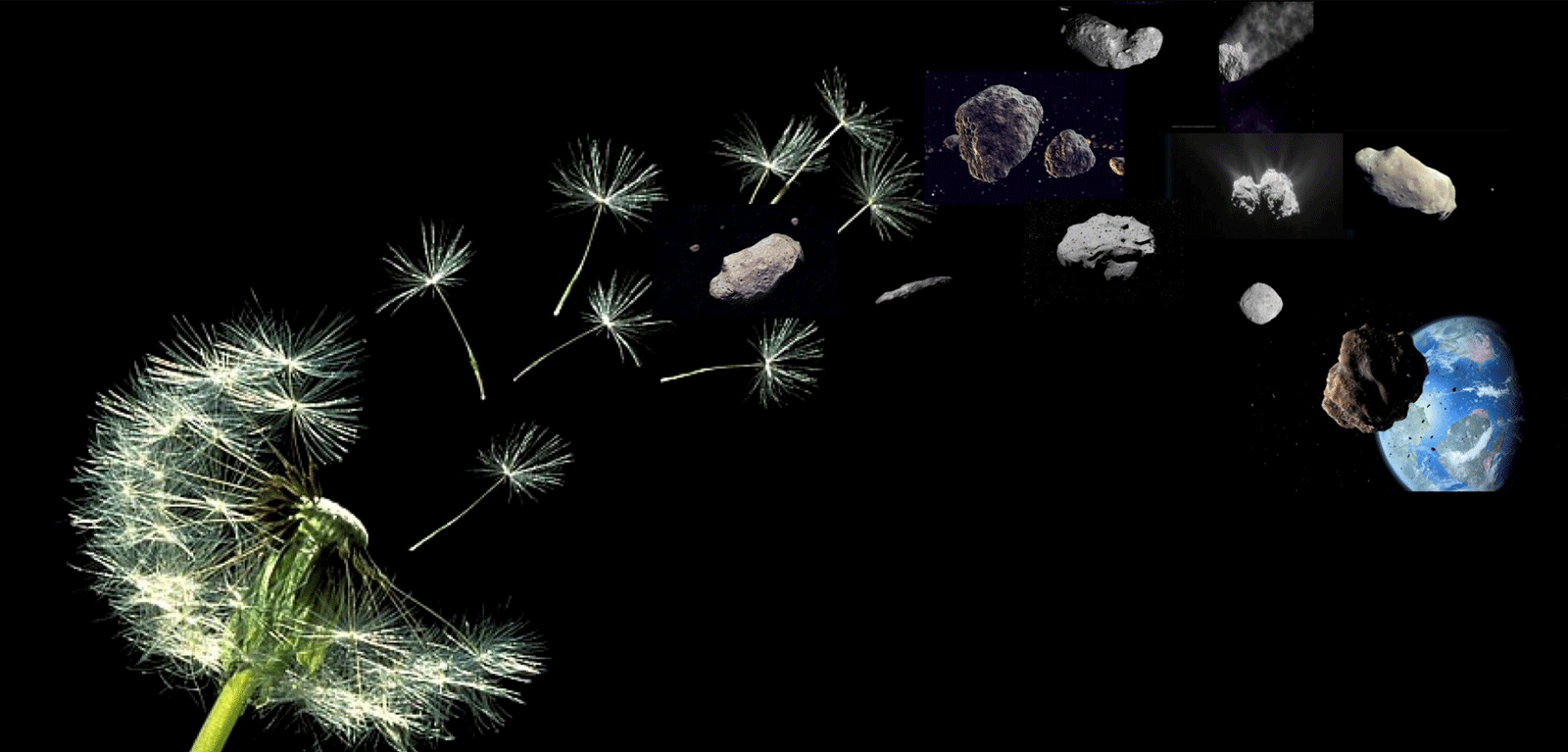Wandering interstellar worlds like ‘Oumuamua may help form planets- new Queen's research finds
A new research paper suggests that abundant interstellar objects like ‘Oumuamua may help new star systems to form planets quickly.

Many trillions of skyscraper-sized interstellar objects like ‘Oumuamua are expected to drift in every cubic parsec of space between the stars. Once they become part of newly emerging stellar systems, interstellar objects could accelerate the growth of new planets.
The research was carried out by Professor Susanne Pfalzner from the Jülich Supercomputing Center, Germany; and Dr Michele Bannister from the School of Mathematics and Physics, Queen’s University Belfast. They studied how the abundant interstellar objects drifting through the Galaxy could affect the formation of planets.
Planetary systems form and then shed trillions of tiny worlds to interstellar space, much like how dandelions scatter their seeds.
The researchers found that when molecular clouds collapse and form stars, a tiny fraction of the thousand trillion freely drifting interstellar objects in each cubic parsec will be embedded in the disk of gas and dust around the star, from which the planets eventually form. Even a tiny fraction of such a huge number of objects still means at least one to ten million present in the planet-forming disk.
Professor Pfalzner said: “For decades it has been investigated how planets grow from millimetre-sized grit to planets as huge as Jupiters. This growth process would be very slow, but observations tell us otherwise - some planets exist around very young stars. The presence of hundred-metre-sized objects within this grit could accelerate the planet-formation process considerably. Attracting the grit and gas of the surrounding disk, some of the former interstellar objects could grow into full planets.
“Once the idea dawned, it was so obvious. I hope that many other researchers will pick it up and test the model.”
Dr Bannister added: “The consequences of this discovery might be far reaching. Across the Galaxy, the debris of past planetary systems would help build the next generation of planetary systems. Every new generation of stars would increase the abundance of interstellar objects through space.
“The hearts of some planets, including those in our own Solar System, may have started from a tiny seed, a world like ‘Oumuamua formed elsewhere in the Galaxy.”
The research is published in The Astrophysical Journal Letters, and began at a workshop on ‘Oumuamua, the interstellar object discovered in our solar system in 2017, held in November 2018 at the International Space Science Institute in Bern, Switzerland.
